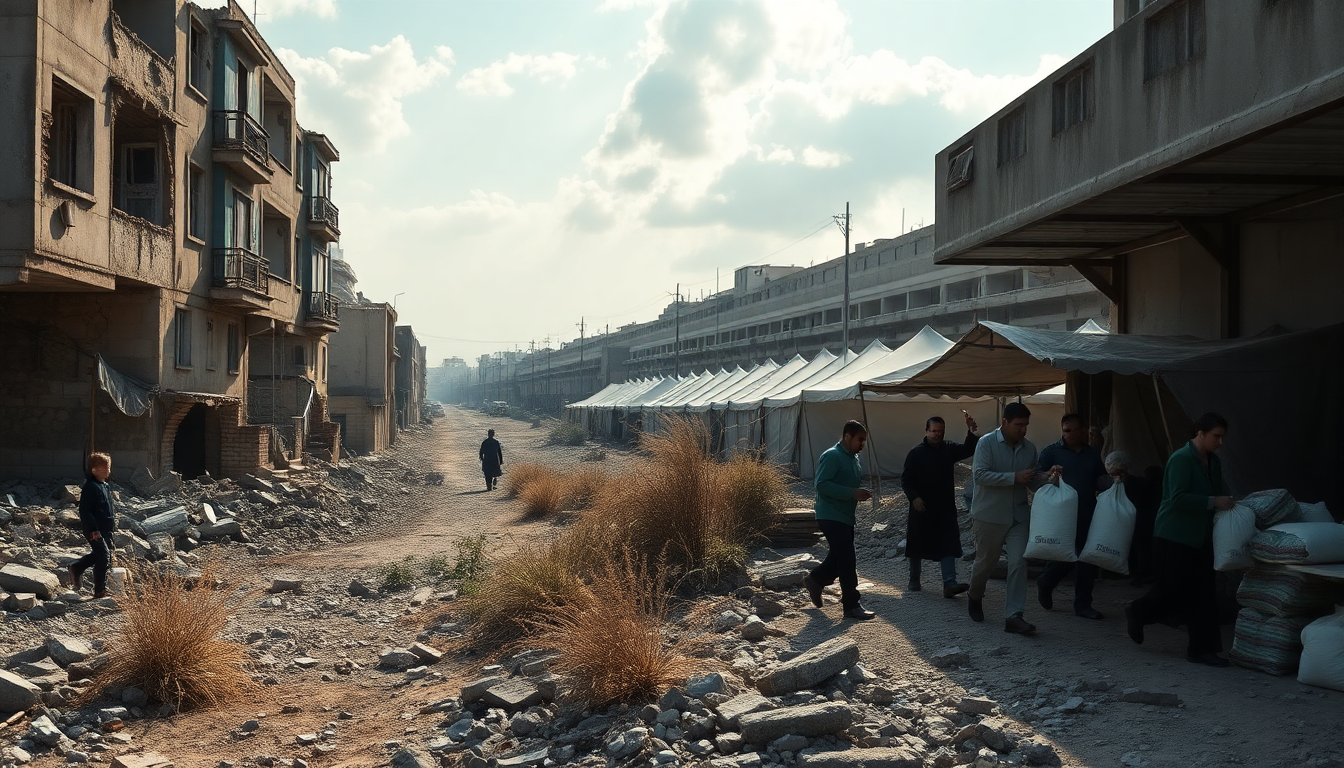Table of Contents
The humanitarian situation in Gaza has reached critical levels, and it’s raising alarms all around the world. With a complex mix of political, social, and economic factors at play, what’s happening there is not just a local tragedy—it’s a pressing global concern. To really understand the implications of this crisis on humanitarian aid, international relations, and the countless lives affected by the ongoing conflict, we need to dive into the details.
The Manufactured Famine in Gaza
When we talk about famine in Gaza, some experts have gone so far as to describe it as being “manufactured down to the calorie.” This phrase emphasizes the deliberate policies that have worsened food scarcity in the region, turning the famine into what many see as a war crime of starvation. Instead of being a natural disaster, this famine is the result of systematic restrictions on food and resources, making it incredibly difficult for people to access basic nutrition.
The statistics are staggering: a significant portion of the population is suffering from malnutrition. The United Nations has labeled the situation an emergency, calling for immediate intervention. Although the humanitarian aid systems in place are well-intentioned, they have often been criticized for reducing individuals to a state of desperation, almost like “scurrying rats” in their struggle for survival. This dehumanizing perspective highlights the urgent need to rethink how aid is delivered and to address the root causes of the crisis.
The Impact on Health and Well-Being
Healthcare in Gaza is facing monumental challenges, especially with the ongoing hospital evacuations. Tragically, these evacuations have led to the loss of lives among patients who can’t access the medical care they need. The implications extend beyond just immediate health concerns, raising ethical questions about how civilians are treated in conflict zones.
Moreover, the international community’s response to these healthcare crises has often fallen short. The narrative surrounding healthcare access during conflicts underscores the urgent need for more comprehensive strategies that prioritize civilian health and well-being. As the situation continues to unfold, it’s becoming all too clear that addressing health issues in Gaza isn’t just a local concern—it’s a pressing global issue that demands collective action and accountability.
Global Implications and Awareness
The crisis in Gaza goes beyond regional boundaries, posing critical questions for businesses and nations around the globe. As conflicts escalate, the repercussions ripple out, affecting international relations, trade, and global security. The humanitarian crisis serves as a stark reminder that what happens in one part of the world can have far-reaching effects on others.
Furthermore, discussions about banning organizations that advocate for Palestinian rights have sparked debates about freedom of expression and governmental responsibilities. Designating such groups as terrorist organizations raises serious concerns about stifling dissent and limiting essential humanitarian efforts.
Ultimately, the crisis in Gaza is more than just about the immediate suffering of its people; it’s a complex issue that challenges our moral compass and our understanding of justice and humanity in the face of adversity. Raising awareness and fostering informed dialogue are crucial steps toward finding sustainable solutions that respect the dignity of those affected.


